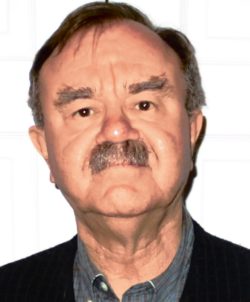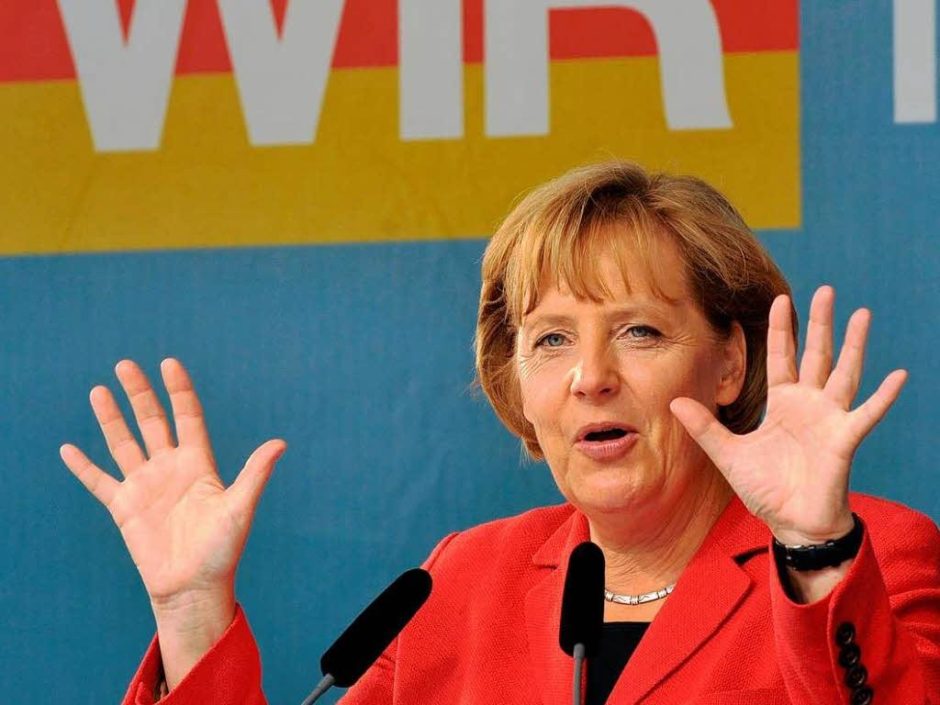German Chancellor Angela Merkel is running scared. Clearly, the right-wing Alternative for Germany (AfD) is nipping at her heels. She is now shifting to the right in an attempt to win next September’s German federal election.
The AfD is the first populist party likely to clear the five-percent threshold required to land seats in the Bundestag. In recent state elections, it has siphoned votes from her Christian Democratic Union (CDU) after capitalizing on anger in parts of the German electorate over her liberal refugee policy. It now has seats in 10 of Germany’s 16 states.
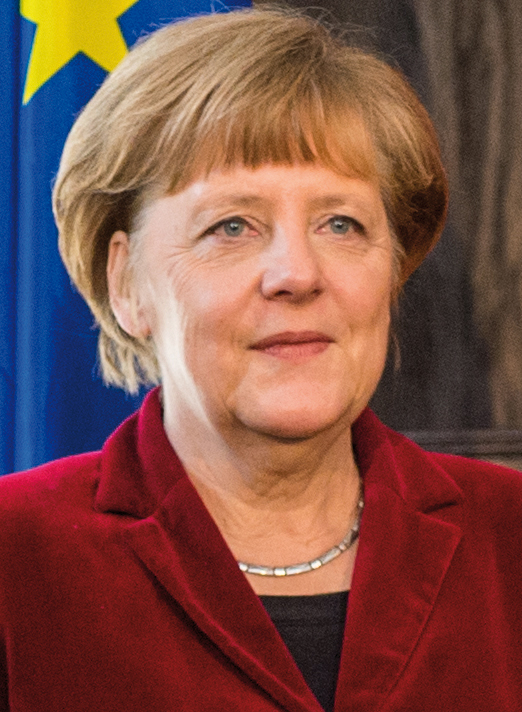
Though Merkel’s party remains the front-runner, the AfD is currently polling at about 12 percent nationally.
At the December 6 CDU party conference in Essen, Merkel, who has led Germany for eleven years, confirmed she would run for a fourth term but acknowledged the election would be more difficult than any other she has contested.
Merkel’s decision in the summer of 2015, following the escalation in the Syrian civil war, to suspend all external border controls and the usual rules on refugees, resulted in a record influx of nearly 1.1 million refugees and migrants, mostly from predominantly Muslim countries.
Merkel’s opponents have blamed the policy for the mass sexual assaults last New Year’s Eve in Cologne and two recent terror attacks by ISIS supporters. So her government is now addressing public fears surrounding the issue.
In an about-face, Merkel called for a public ban on the Muslim full-face veil in some areas of public life such as courts, schools and universities, as well as in road traffic and during police checks. A full ban is considered incompatible with Germany’s basic laws.
To the applause of about 1,000 delegates, she called the burqa and niqab incompatible with German culture.
“Here we say ‘show your face.’ So full veiling is not appropriate here. It should be prohibited wherever legally possible.” A year ago, the CDU had rejected such a ban. She also promised that Islamic Shariah law would never replace German justice.
Merkel told the party conference that last year’s large influx of refugees would not happen again. A situation like that of 2015 “should not be repeated.”
She stated that refugees had found protection in Germany against war and persecution in their troubled homelands. But, she added, “not every refugee can stay.”
Her government has moved to toughen asylum rules and declare several countries “safe,” meaning people from there cannot expect to receive protection in Germany.
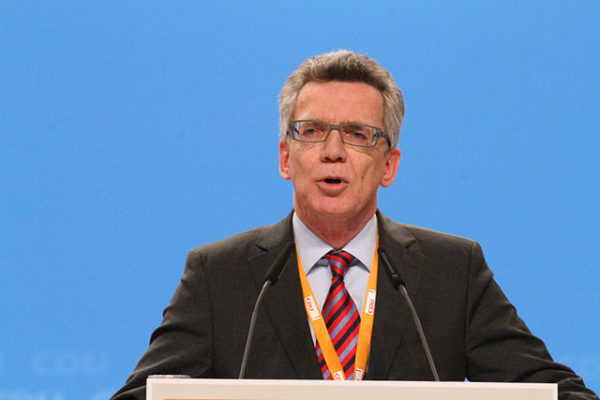
Thomas de Maiziere, the German interior minister and one of Merkel’s closest allies in the CDU, had already proposed a partial burqa ban last August and called the veils “contrary to integration.” He said the law would apply in “places where it is necessary for our society’s coexistence.”
All this is taking place within the context of rising populist and anti-immigrant sentiment throughout much of the continent. Politicians who play on nationalism and worries about economic disenfranchisement are on the rise.
In neighboring Austria, the country held a rerun of last spring’s presidential contest on December 4, after that result was declared invalid by Austria’s constitutional court after irregularities in the counting of postal votes.
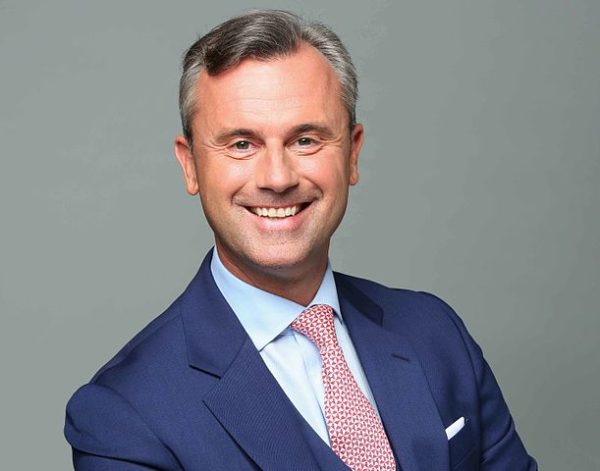
Norbert Hofer, the candidate of the Freedom Party (FPO), the far-right nationalist movement originally formed in the 1950s by former Nazis, was beaten by a former Greens politician, Alexander Van der Bellen, by 53.6 to 46.4 per cent.
Austria dodged a right-wing bullet, but it was touch-and-go. Is the current flow of Europe’s politics now also working against Merkel?
Henry Srebrnik is a professor of political science at the University of Prince Edward Island.
